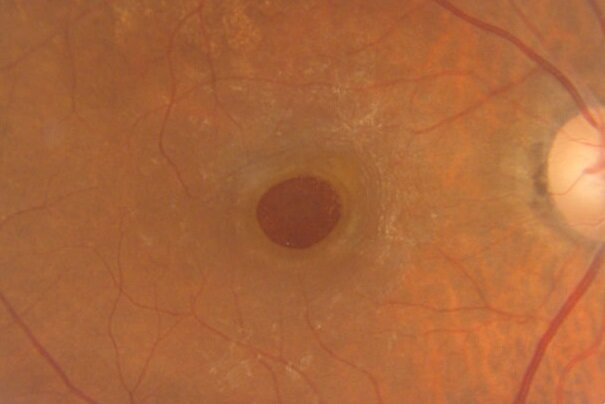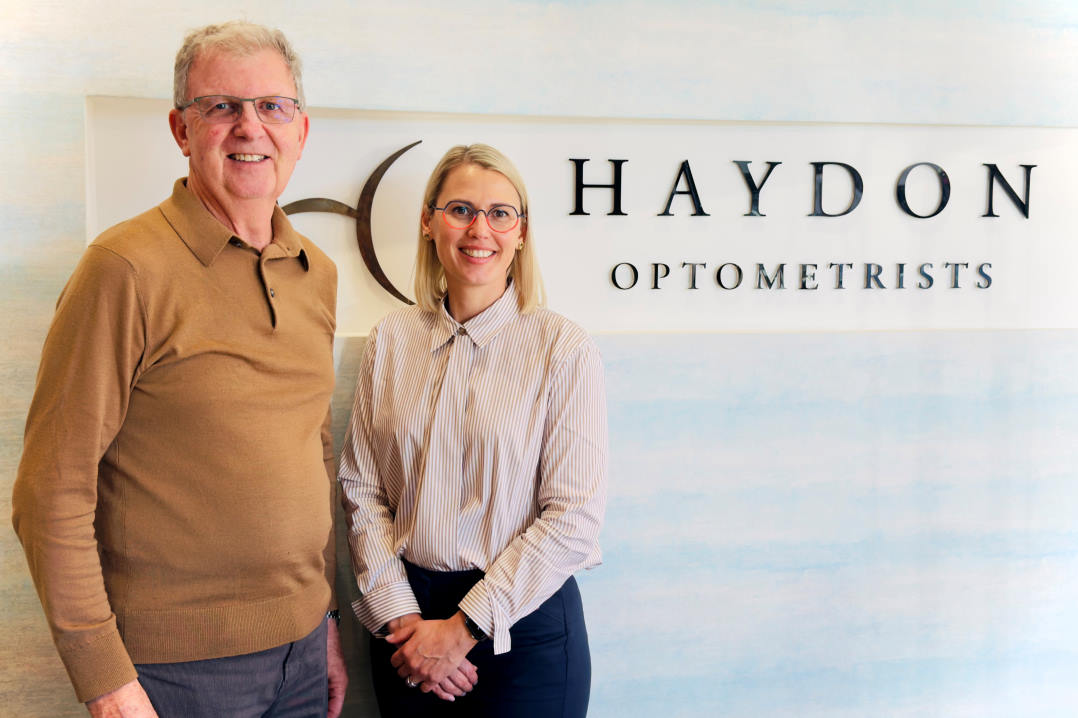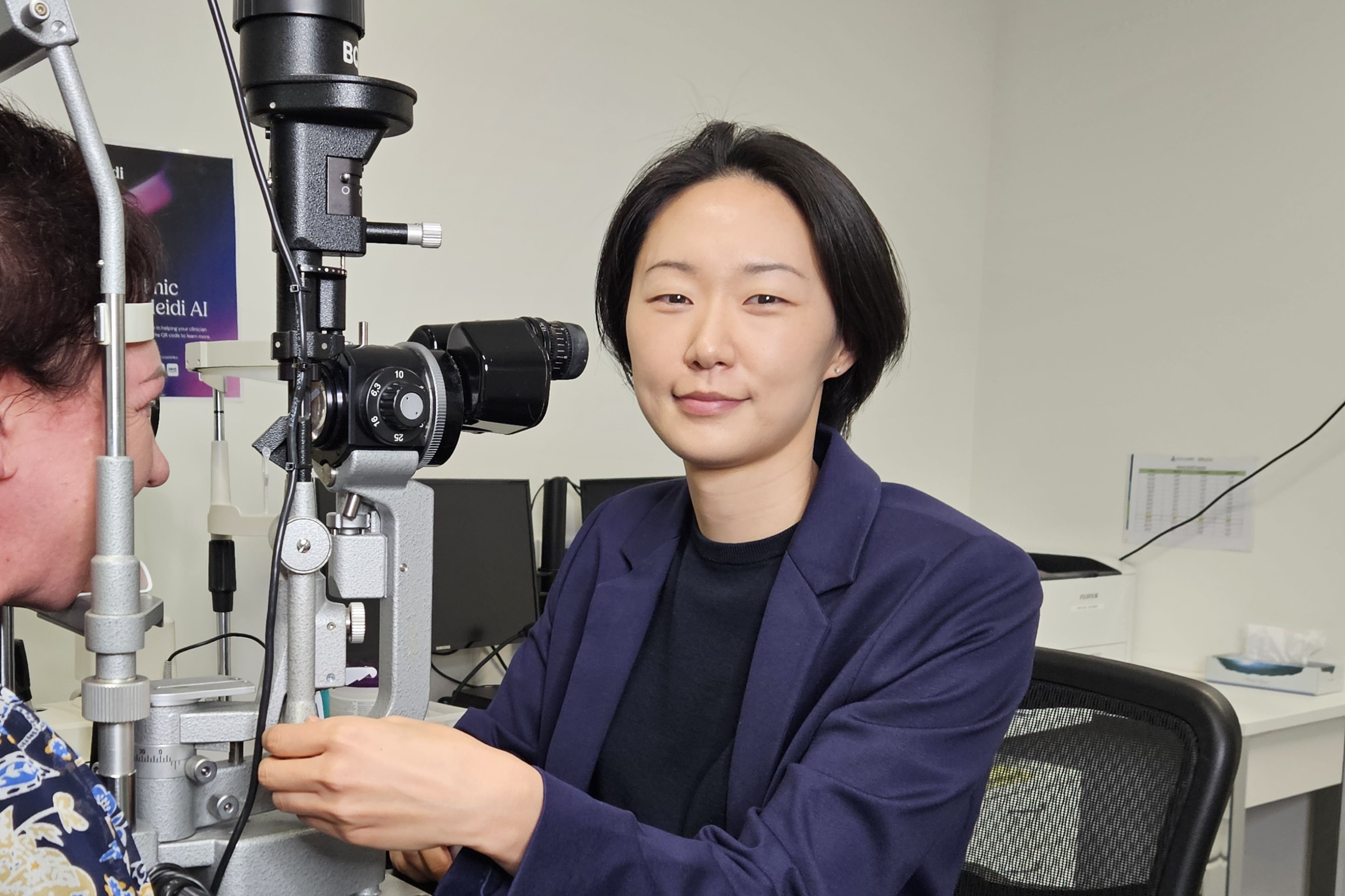Drops close macular holes
May 3, 2024
Staff reporters
More than a third of patients treated with steroid, carbonic anhydrase inhibitor and nonsteroidal anti-inflammatory (NSAID) drops achieved closure of full-thickness macular holes, said authors of a US study.
Published in Retina, the University of Chicago Medical Center-led study, which included 49 patients with a mean age of 67, showed a higher success rate for those with smaller holes and no vitreomacular traction, said researchers. Hole narrowing and a reduction in central foveal thickness were predictors of the efficacy of drop therapy, they added, with average hole-closure time being 107.2 days.























